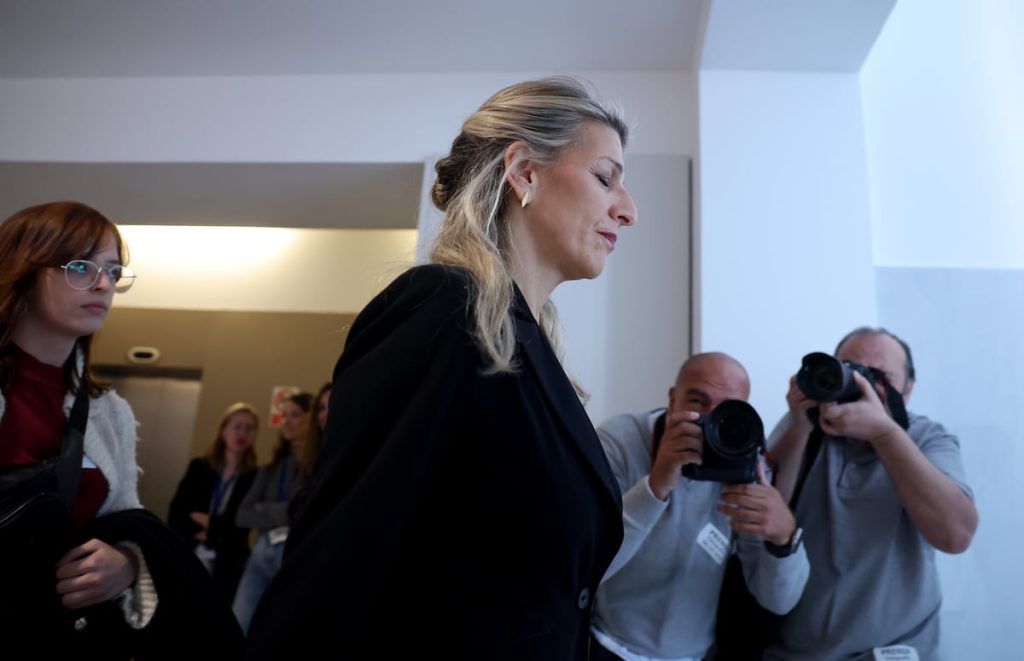Yolanda Díaz has addressed the issue of the alleged sexual assaults involving Íñigo Errejón, stating that if she had known about them, he would not have been part of public representation. She emphasized that she did not have this information until recently and would have taken immediate action if she had. Díaz also mentioned an anonymous tweet alleging another incident involving the former spokesperson of Sumar during a music festival in 2023. She explained that an investigation was conducted, and the author of the tweet later withdrew it. Díaz expressed regret for the delay in responding to these cases and acknowledged the need for accountability within the party.
Regarding the handling of the situation, Díaz recounted how she learned about the allegations against Errejón and the subsequent actions taken, including his removal from all public responsibilities. She emphasized that if she had known about the incidents earlier, she would have acted with the same decisiveness. Díaz highlighted Errejón’s admission of sexist and demeaning behavior towards women, stating that such attitudes have no place in public life. She addressed criticism of her response time and acknowledged the need to address the issue of gender-based violence within the party.
Díaz also discussed the importance of supporting the victims of gender-based violence and emphasized the need for women to come forward and report such incidents. She mentioned the possibility of participating in legal proceedings if requested by the victims but stressed that their wishes must be respected. Díaz reaffirmed her commitment to implementing protocols to address gender-based violence and urged women to take action and seek justice. She acknowledged the impact of the scandal on public perception and stressed the need for cultural change to combat gender-based violence.
Following a meeting with the Sumar group, Díaz’s press conference was described as cathartic and challenging, with less criticism than expected due to an understanding of the political implications of the case. The issue of Errejón’s replacement as spokesperson was not immediately addressed, as many members were still processing the news and grieving his departure. Antonio Maíllo, the coordinator of IU, praised Díaz’s apology and emphasized the importance of accountability and rebuilding trust with the public. He expressed satisfaction with the steps taken by Díaz and highlighted the need for direct communication with the affected individuals to address their concerns.
In conclusion, Yolanda Díaz’s response to the allegations against Íñigo Errejón has focused on transparency, accountability, and support for the victims of gender-based violence. She has acknowledged the shortcomings in the party’s response and emphasized the need for immediate action to address such incidents. Díaz’s commitment to implementing protocols and supporting women who come forward with allegations underscores the party’s efforts to address gender-based violence within its ranks. The impact of the scandal on public perception and the internal dynamics of the party reflects the broader societal challenges in combating gender-based violence and promoting accountability.














